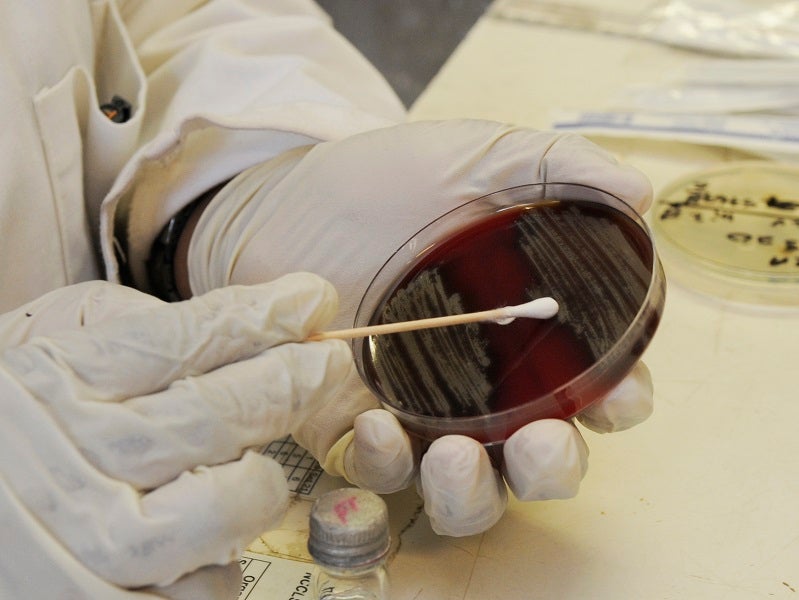
The European Medicines Agency (EMA) has published revised guidelines on the development and evaluation of clinical trials for antibacterial human medicines.
The guidelines, which are now open for a six-month consultation, reflect the outcomes of international discussions on the issue of antimicrobial resistance between the EMA, US Food and Drug Administration (FDA), and Japan’s Pharmaceuticals and Medical Devices Agency (PMDA).

Discover B2B Marketing That Performs
Combine business intelligence and editorial excellence to reach engaged professionals across 36 leading media platforms.
The agencies have sought to align their respective data and regulatory requirements, enabling the design of clinical trials which can satisfy the evidence requirements of all three regulatory agencies.
Why are the new EMA guidelines necessary for antibacterial clinical trials?
The liaison will allow the outcomes of antibacterial clinical trials to be generalised, without regulatory logistics leading to the results of a trial being invalid in certain areas.
The harmonisation between the regulators is intended to facilitate clinical development programmes for new antibacterial treatments designed to combat infections caused by multi-drug resistant bacteria. Research into new antibacterial agents is globally considered a high priority, due to the limited treatment options available to patients with drug-resistant infections.
Regulatory alignment is also expected to support research into the modification of existing antibacterial regimens. In recent years there have been initiatives to re-evaluate dose regimens for approved medications, maximising their efficiency and minimising the risk of bacterial resistance.

US Tariffs are shifting - will you react or anticipate?
Don’t let policy changes catch you off guard. Stay proactive with real-time data and expert analysis.
By GlobalDataThe EMA said: “Antimicrobial resistance is a global public health problem. Regulators in the European Union, the United States and Japan have had extensive discussions over the last few years to explore and agree how to align as much as possible their respective data requirements so that medicine developers can design clinical trials that meet the evidence needs of multiple regulatory agencies. The revised guidance reflects the outcome of these discussions.”
The guidelines have been revised to provide clarifications on the development of antibacterial drugs intended to address unmet medical needs. They also apply to single-agent antibacterial products, antibacterial drugs used in combination with other products, and beta-lactam agents developed for use with beta-lactamase inhibitors.
What are the new EMA clinical trials guidelines?
Updates include revised recommendations for primary endpoints, primary analysis populations, and non-inferiority margins in trials to support certain infection-site-specific indications for use. Incidences in which single pivotal trials may be accepted to support infection-site-specific indications are also described.
The report also highlights specific guidelines for developing drugs to treat uncomplicated urinary tract infections and uncomplicated gonorrhoea.
EMA Executive Director Guido Rasi said: “Antibiotic resistance is on the rise worldwide. If we don’t find a way to slow down this trend, bacterial infections could cause more deaths than cancer by 2050.”
Some previous portions of the guidance have been removed as they are covered more comprehensively elsewhere, EMA said. This includes guidance on pharmacokinetics and pharmacodynamics, and a section on developing drugs to treat pulmonary disease due to Mycobacterium tuberculosis. Guidance on the development of paediatric antibiotic treatment has also been axed due to parallel development in another addendum.
The revised draft guidelines have already been adopted by EMA’s Committee for Medicinal Products for Human Use (CHMP).
Stakeholders are encouraged to feed back to EMA on these revised guidelines for antibacterial clinical trials by 31 July 2019.





